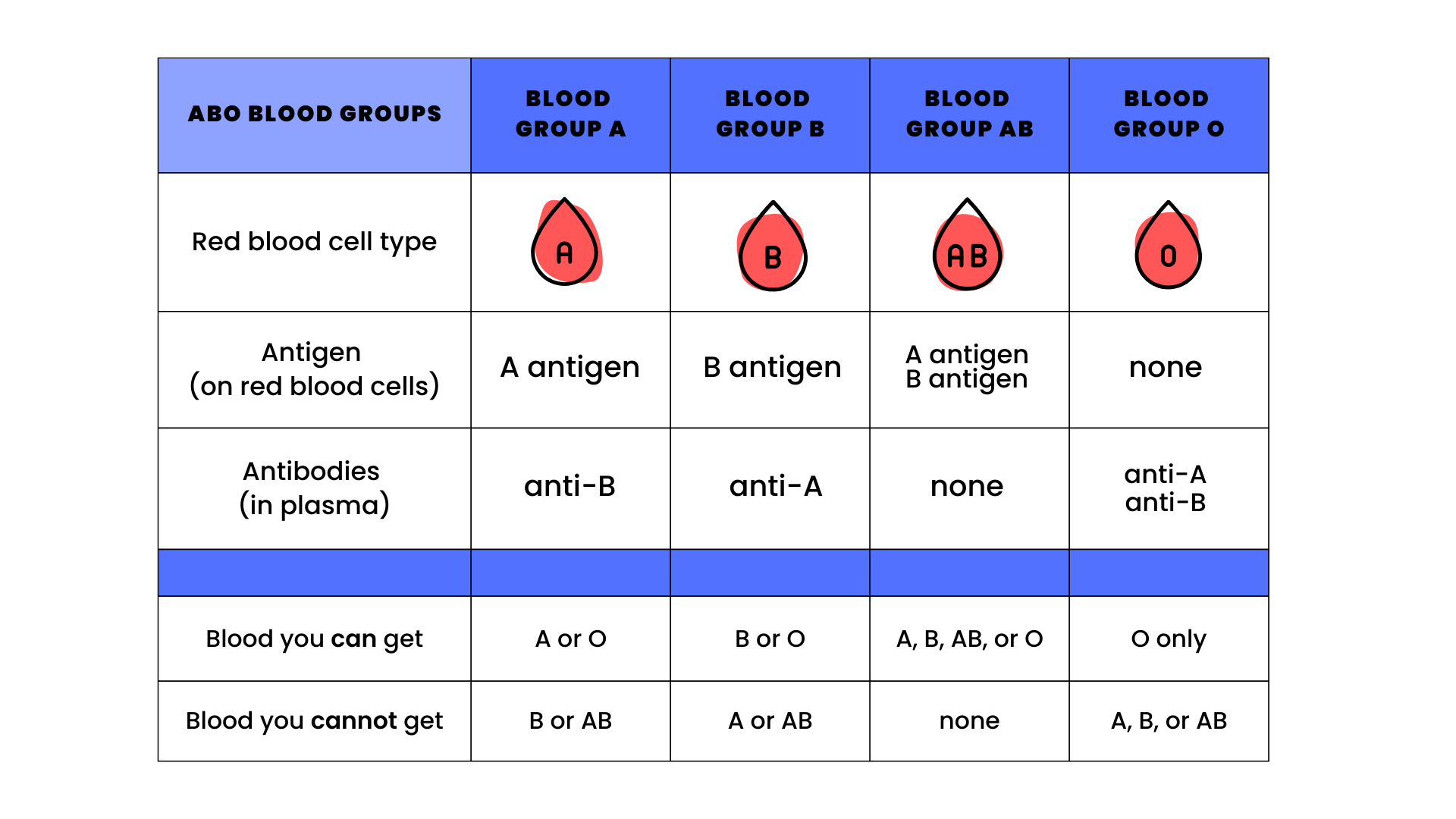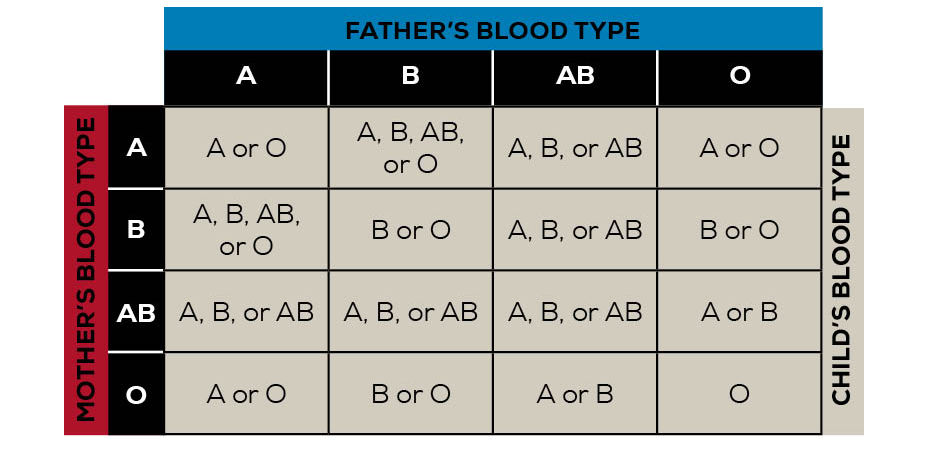Nebka Galyn
Aes Sedai

January is more than the start of the New Year. It’s also National Blood Donor Month and an opportunity to thank those who regularly help save lives by literally rolling up their sleeves. Without the generosity of those who give so selflessly, millions of patients each year would not have the required blood for emergencies or ongoing treatment.
Blood is unique. It cannot be made synthetically. Volunteers are the only way to provide this much needed supply of blood. And the demand is great.
Donating is easy and safe. However, donations can only be made every 56 days. This means each persons has only six opportunities each year to contribute to a greater good. It is critical donors seize these chances to make giving blood a routine way of giving back.
We’ve all seen the images of people lining up at blood centers following an emergency, for which we are all grateful. However, many don’t realize that it’s the blood already on the shelf at the time of an emergency helping those in immediate need. A single donation can take anywhere from 12 to 48 hours to become available for patients in need. Why does it take so long? All donated blood is tested more than a dozen times to ensure it is safe for transfusion. That’s why the best way to help after the next emergency is to give generously NOW.
That’s what this monthly focus is about. As you make resolutions/goals for the new year, we encourage all those who can to make blood donation a priority. Together, we can help save lives and support more people across our community.
Only 40% of the annual 118.5 million donations are collected in high-income countries, which to 16% of the world's population (Source). The rate of donations from those 65 and older may slow as they age of out of their ability to donate blood. The percentage of younger blood donors – those between the ages of 16 and 24 years old – may not necessarily replace those older adults if a habit of donating blood is not established early. Encourage younger adults to form this habit of donating now until they too are limited by their own ability to donate blood.
Additional resources and information is below. Please post additional information we should know and it will be added!
Association for the Advancement of Blood & Biotherapies - an international, not-for-profit association representing individuals and institutions involved in the fields of transfusion medicine and biotherapies. The AABB is committed to improving health through the development and delivery of standards, accreditation and educational programs focusing on optimization of patient and donor care and safety.
America's Blood - [Our] 600 blood collection sites ... serve more than 150 million people and provide blood products and services to more than 3,500 hospitals and healthcare facilities across North America. Find a blood collection resource near you.
European Blood Alliance - Contributing to the safety and security of the blood supply for the citizens of Europe by developing and maintaining an efficient network of European blood services.
South African National Blood Service - To reliably provide trusted blood products and services to all patients at a world class level of cost and quality while innovating new treatment to enhance human healthcare.
While January is National Blood Donor Month, 2024 is the 10th anniversary of TarValon.Net's annual blood drive! Click Here to learn more about this event in our Site Announcements thread.
If you have donated blood or feel this is an important cause and want to help promote it within the community, here are some blood donation graphics:
Thank you, @MarketingDepartment!
Signature Badges:



Signature Badges:






